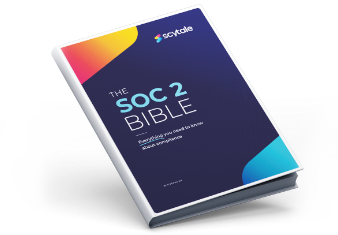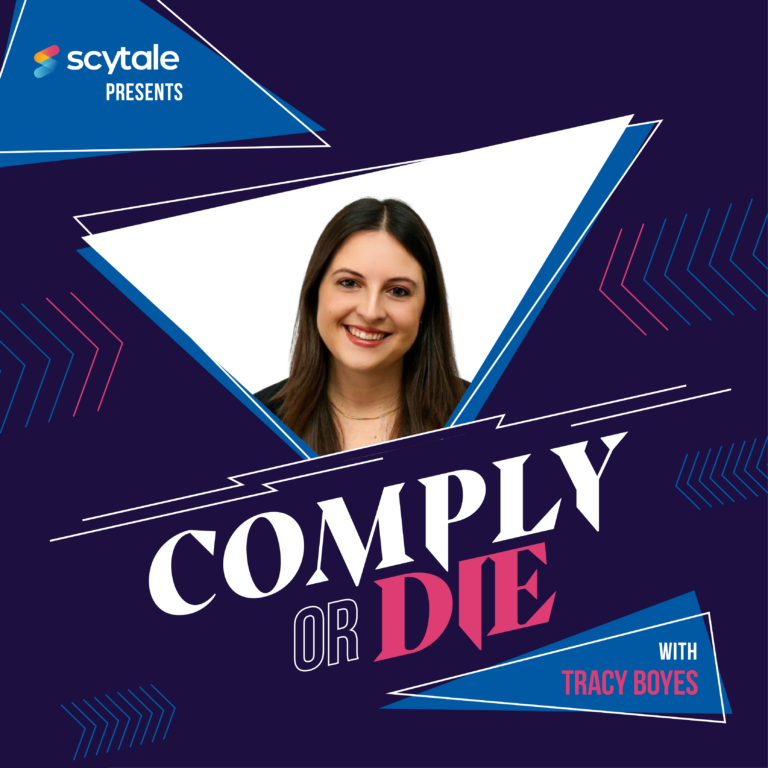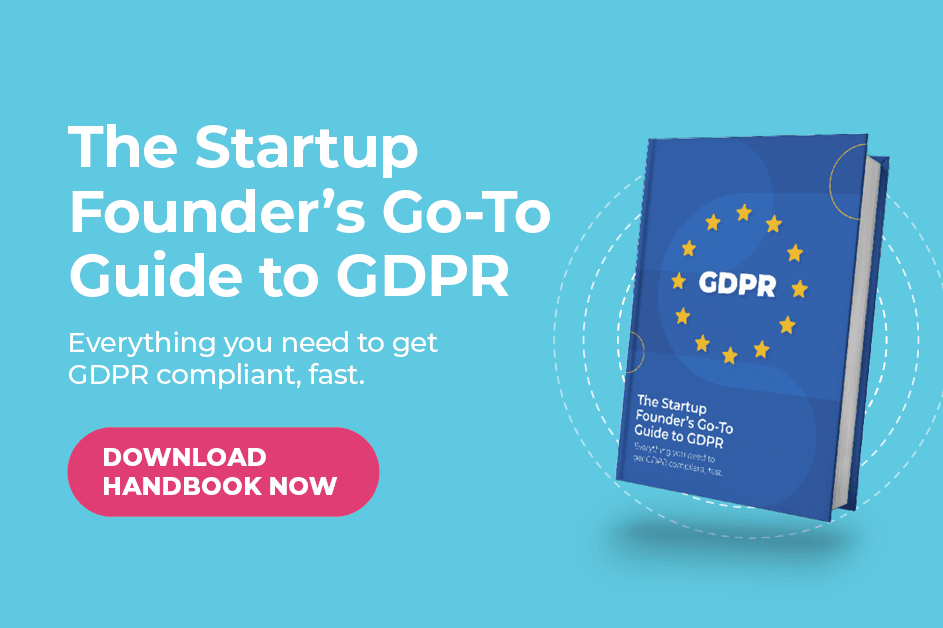Compliance is a complex but important task for companies, especially SaaS firms. Regulations and standards change frequently and threats are always evolving. Proper compliance programs can help mitigate risks, breaches and fines. The interviewee, Tom Fox, is a compliance expert and consultant who helps companies build effective compliance programs.
He stresses the importance of conducting risk assessments to understand a company’s unique compliance needs. Internal audits and monitoring programs are also critical to verify that compliance programs are working properly. Tom emphasizes that compliance and ethics are intrinsically linked and companies need to foster a culture of compliance through measures like a Code of Conduct that all employees must sign.
For those starting a compliance career, Tom recommends getting professional training and certifications. While legal knowledge is valuable, he notes that compliance professionals come from diverse backgrounds and data analysis skills are especially important now. Overall, Tom believes compliance is a growing field with many opportunities for non-lawyers, women and people from various industries.













